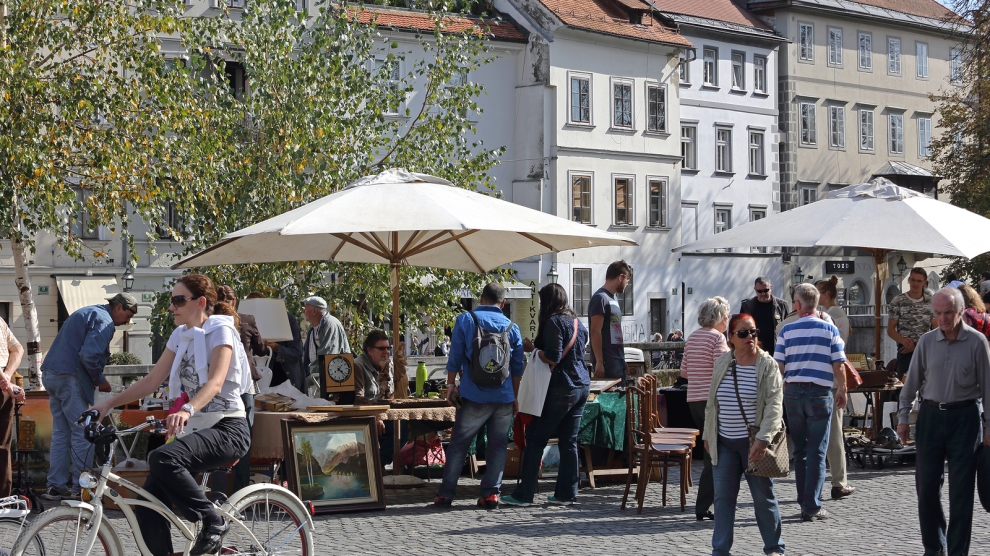Central and Eastern Europe’s convergence with European Union income levels is at risk of slowing unless the countries of the region restructure more rapidly their economies and start to realise the related productivity gains, a new report from Moody’s Investors Service suggests.
The report focuses on the eight EU member states in Central and Eastern Europe (CEE-8): Czech Republic (currently rated A1 positive), Poland (A2 stable), Slovakia (A2 positive), Bulgaria (Baa2 stable), Romania (Baa3 stable), Slovenia (Baa1 stable), Hungary (Baa3 stable) and Croatia (Ba2 stable), and finds that low wage, skilled labour, EU funding and integration into European value chains, coupled with sizeable foreign direct investment (FDI), have driven improvements in productivity since the late 1990s. As this supported rising growth and incomes, a number of the region’s sovereigns realised improvements in economic strength, which in turn contributed to rating upgrades in several cases.
“The traditional growth model of Central and Eastern European countries is starting to run out of steam,” said Heiko Peters, a Moody’s assistant vice president and co-author of the report. “The speed at which the CEE-8 nations are catching up with the rest of the EU’s productivity levels has slowed significantly over 2009-17 compared to the 2000-08 period.”
Overall, the countries with the most significant catch-up potential are often also the countries that face the biggest hurdles to realise that potential due to their relatively weak institutional strength, ability to innovate and quality of human capital.
Bulgaria and Romania show the largest catch-up potential but their capability to leverage that potential is constrained by relatively weak profiles in terms of institutions and readiness for innovation. Among the two, Bulgaria is better positioned than Romania.
Some of the countries that stand out in terms of their capability to realize productivity potential – for example Slovakia and Slovenia – have a relatively low potential for catching up, which will weigh on their future speed of convergence.
The countries that show a promising combination of catch-up potential and ability to leverage that potential are Czech Republic, Poland and Bulgaria, and to a lesser extent Hungary.
Continued productivity improvements are crucial for future cohesion of the EU. A slowdown or even reversal of convergence of CEE-8 living standards with the EU could lead to declining popular support for the bloc, which could further lift approval of populist parties and politicians.

